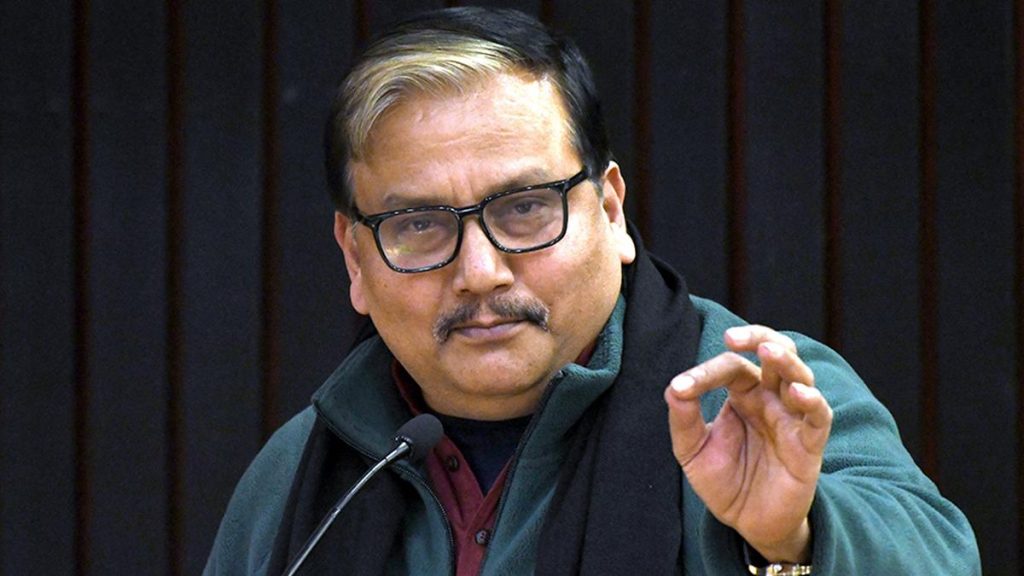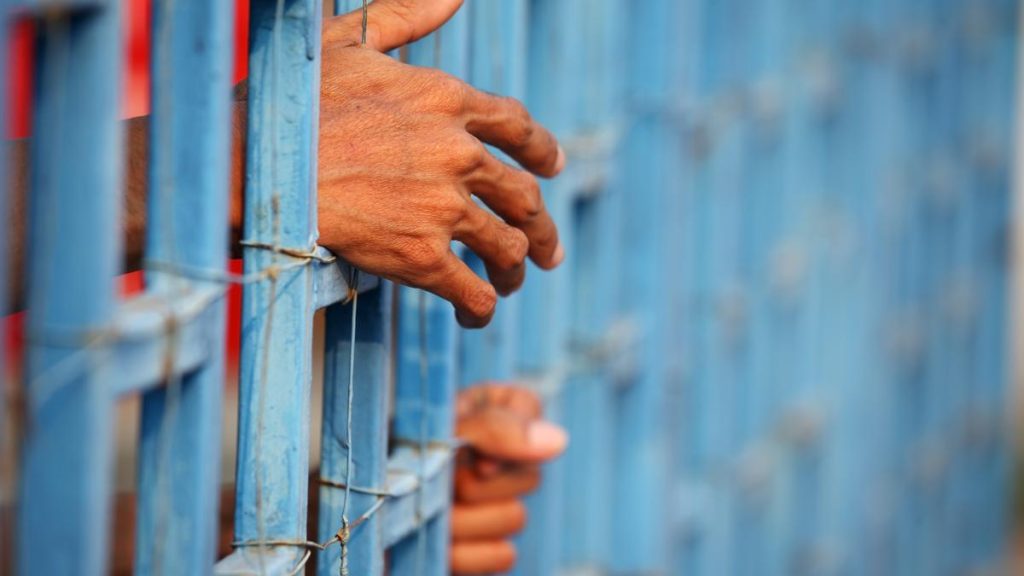Now Reading: Teachers’ Association Denies Allegations Against Rani Channamma University Vice-Chancellor
-
01
Teachers’ Association Denies Allegations Against Rani Channamma University Vice-Chancellor
Teachers’ Association Denies Allegations Against Rani Channamma University Vice-Chancellor
Fast Summary
- The Rani Channamma University Post-graduate Teachers association (RCUPTA) dismissed allegations of academic fraud adn misconduct against Vice-Chancellor C.M. Tyagaraja, calling them “false and baseless.”
- RCUPTA highlighted Prof. Tyagaraja’s contributions to the university’s academic, infrastructural, and administrative progress, including efforts such as:
– Introducing qualitative education initiatives.
– Distributing laptops to Scheduled Castes/Tribes students to enhance accessibility.
– Using ₹100 crore under the PM-USHA MERU scheme for acquiring advanced lab equipment and expanding campus facilities.
– Promoting collaborative international research projects by faculty members and organizing lectures from resource persons for students’ growth.
- J. Manjanna, head of RCUPTA, alleged a conspiracy behind the accusations aimed at tarnishing both the Vice-chancellor’s reputation and the university’s credibility.
- A protest was recently staged in Vijayapura by Dalit Vidyarthi Parishat against Prof.Tyagaraja with claims that he fabricated academic achievements, falsified records after taking voluntary retirement from his previous post to secure eligibility as Vice-Chancellor.
- Srinath Pujari, State president of Dalit Vidyarthi parishat, stated he has obtained supposed evidence of wrongdoing via RTI requests and has approached the Governor demanding action.
- The Vice-Chancellor has yet to issue a public response regarding these allegations.
Indian Opinion Analysis
The conflicting narratives surrounding C.M. Tyagaraja highlight broader challenges faced by leadership in public institutions like universities-in balancing clarity while implementing forward-looking reforms under scrutiny from multiple stakeholders. At one end are notable strides reported under his tenure-technological upgrades via grants like PM-USHA MERU Scheme alongside enhanced outreach programs (laptops for marginalized students)-indicative of emphasis on inclusivity paired with modernized academics infrastructure.
on the other hand stands resistance like protests rooted either genuinely or politically motivated questioning qualifications/academic benchmarks vis-à-vis appointment processes especially backed RTI sought investigations seemingly adding legitimacy needing careful administrative/state vigilance clarify facts ensuring no rushed verdict damaging present projects continuity further destabilizing system reputation crucial growing young minds.
Engagement from impartial auditing processes could alleviate tensions fostering robust accountability institutional autonomy while preventing recurrence similar leadership disputes analogous repairs ahead align strengthening academic progress harmonious equity foundations national-level higher Ed governance pathways forwardly unbiased clearer resolutions desirable benefitting all parties seeking truth primacy creating conducive atmospheres lifting undue distractions institution-building efforts essential areas people-serving causes alike necessary.Read More: Link























